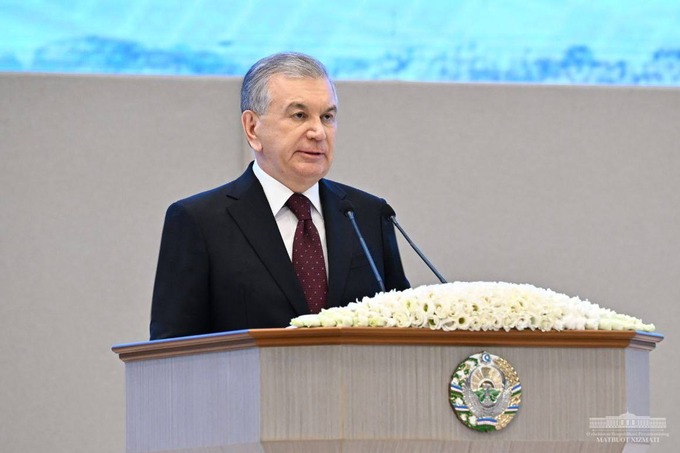The European Union and the Republic of Uzbekistan held their 15th Cooperation Committee Meeting in Brussels. The meeting provided an opportunity to reaffirm the joint commitment of the EU and of Uzbekistan to further strengthen bilateral relations.
This includes plans to upgrade the existing EU-Uzbekistan Partnership and Cooperation Agreement (PCA) with a new-generation modern enhanced agreement.
Under its new leadership, Uzbekistan has adopted a positive approach to relations with its neighbours and to international partners. This approach will contribute to enhanced regional stability, prosperity and people-to-people exchanges and allow Uzbekistan and the region to draw the full benefits from new initiatives for sustainable connectivity in Eurasia and provide new opportunities for European businesses.
The EU, for its part, continues to have frequent and intense high-level EU engagement with Uzbekistan and the region, as illustrated by the visit of EU High Representative/Vice-President, Federica Mogherini in November 2017 for the EU-Central Asia Foreign Ministers’ Meeting and in March 2018 for an informal ministerial meeting with Central Asian partners and the Tashkent Conference on Afghanistan.
The Cooperation Committee reviewed the significant progress that has been made towards the reorganisation of the cotton production system in Uzbekistan, notably the eradication of child and forced labour in cooperation with the ILO and other partners. The Cooperation Committee also reviewed recent developments as regards human rights, where Uzbekistan has demonstrated a more constructive attitude towards civil society, media, and critical voices in general. In this context, they discussed the importance of continuing this positive trend by taking additional steps, across a wide range of areas, in order to further promote and protect human rights and fundamental freedoms in the country.
The Cooperation Committee was also informed about the results of the new Sub-Committee on Development Cooperation, which had its first meeting on 27 April 2018 in Tashkent. The EU is stepping up its support and introducing new approaches, by blending grants with credits from European Financial Institutions to attract investments and preparing the ground for the possible use of budget support to better support the country’s reform agenda. Uzbekistan’s newly established relations with the European Investment Bank and the resumption of activities of the European Bank for Reconstruction and Development are now leading to the first significant projects being financed by these institutions.
The EU-Uzbekistan Sub-Committee on Economic, Trade and Investment Questions took place the previous day in Brussels. Uzbekistan reiterated its strong interest to join the WTO and to benefit from the EU’s unilateral preferential customs regime, i.e. the Generalised Scheme of Preferences Plus (GSP+), whereby Uzbekistan would be granted duty-free access to the EU for its exports in exchange for Uzbekistan’s commitment to effectively implement 27 international conventions on human rights, labour conditions, the protection of the environment and good governance.
The participants also discussed ways to further improve the business climate in Uzbekistan and to increase bilateral economic exchanges and investment. A business networking reception was held in the margins of the Sub-Committee.













